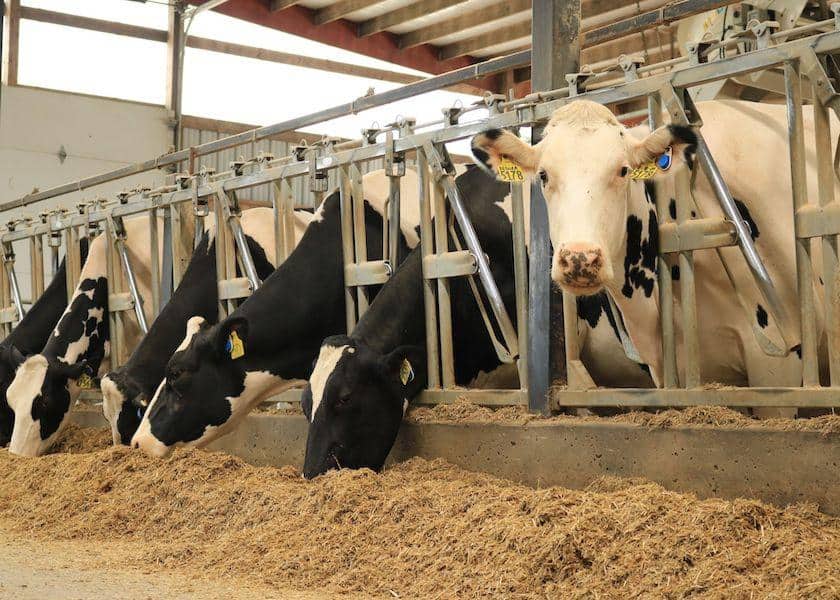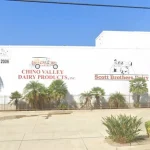
Last week, AgriTalk host, Chip Flory, visited with two dairy farmers at Milk Business Conference to talk about the challenges that face dairy, as well as what opportunities lie ahead.
Ken Smith, a fourth-generation dairy farmer who owns and operates Moo Thru Ice Cream in Remington, Virginia, was one of Flory’s guests. Smith sold the family dairy, Cool Lawn Holsteins, a 1,000-cow dairy with a 30,000-lb. plus herd average to their son, Ben, two years ago. Smith shared that they’ve always been blessed with good labor.
“We started April 4th with a new carousel milking parlor,” he said. “We’re really blessed with a good workforce and we’ve never had any labor issues.”
“2020 was really hard,” she says. “You know, as we’re getting paid basically to stay home almost. A lot of people were making enough to, you know, pay their rent and buy food. And so, you know, you had people just like, oh, no, you know, I don’t need to work and fine. We struggled in 2020.”
Lopes, alongside her husband, Paul, and son, Tony, milk 4,000 Holsteins on four separate facilities in a 2-mile radius, along with managing a 2,500-head beef-on-dairy feedlot and farms approximately 2,000 acres.
“That hasn’t happened in many years. I mean, we would just go about the whole year now without having lost anyone. I actually have a list in the barn again, where people are looking for work.”
Diversifying to Add Dollars to the Bottom Line
In 2010, the Smith family built Moo Thru Ice Cream shop, although Ken says neighbors thought he was crazy to tackle this new adventure.
It’s a good thing that Ken possessed a bubbly personality and the ability to think differently than most. He says if you give people a reason to stop, they’ll stop.
“They’ve got money in their pockets. They’re going somewhere to spend that money,” he says.
Fast forward to today and Moo Thru has been recognized as the best ice cream place in Virginia, an accolade that the Smith family is proud of.
In California, the Lopes family genomically tests the herd to help them determine which cows get serviced to sexed semen and which ones get bred to Angus. The majority of their beef animals get sent to a calf ranch to be raised and then come back to Lopes Dairy around four months of age and they raise them to 750 lbs. before selling them.
“We really liked the Angus, coming out of the whole scene, and we’ve been able to fine-tune genetically,” Lopes says. “We’ve been able to run near 30% prime on some of our animals. Sometimes they’re doing better than the native.”
To listen to the entire conversation of the Farmer Forum, click on AgriTalk | AgWeb

























